
Federal authorities have tightened duty-free import rules for steel, imposing a stricter cash deposit requirement to safeguard against abuse. Under the new requirement, investors must deposit cash equal to the duty amount, which will only be released from locked accounts when legitimate use is verified.
The move comes following accusations of rampant contraband and unchecked duty-free steel imports. Ethiopian Customs Commission officials hope to curb abuse of the duty-free privileges, citing serious regulatory and revenue collection issues stemming from its misuse.
According to Muluwork Derese, deputy commissioner, the rule addresses long-standing exploitation of these privileges, particularly in construction and raw material imports, which are vulnerable to corruption. She noted that steel import privileges have created systemic issues while reinforcement bars intended for projects are diverted to the local market at lower prices, disrupting regulation and government investments.
"It ensures steel is used as intended," she told Fortune.
Customs officials reported 201 duty-free import requests were granted this fiscal year, all under increased scrutiny.
Ethiopia provides several incentives to attract domestic and foreign investors, including duty-free imports of capital goods and construction materials for business setup and expansion. However, authorities claim these privileges have been widely misused.
They argue that large-scale housing and construction projects have stalled, leading to a stockpile of rebars in the local market, driving competitive pressures against steel entering through contraband. Over three months ago, Customs Commissioner Debele Kabeta demanded that only high-level officials such as defence and national intelligence chiefs, alongside the Minister of Finance, could authorise duty-free benefits. The Commissioner reserved final approval rights for himself, limiting his subordinates' ability to process these privileges.
The restriction coincides with Tigray Regional State’s post-war reconstruction. Over 47 investors who are seeking the privilege from the region’s Investment Commission find themselves wrestling with the impact.
For Haleka Moges, general manager of Moges Negu Commercial Ranch Plc, the deposit requirement disrupts his company’s financial plans. Established in 2006, the Company was on its way to building a hotel and factory. While importing 11,500tns of steel for the construction, Moges said there were restrictions on the duty free privileges.
"It’s a burden," he said, noting that three hotel projects have been stalled due to these new restrictions.
Haleka’s financial issues are compounded by a 570 million Br loan, which has ballooned to nearly a billion Birr due to accrued interest. He noted ongoing efforts to secure financing to resume operations.
"We requested an interest waiver and extended repayment terms," he said.
Tigray Investment Commission acknowledged the struggle investors face. Hailesellassie Tadele, director of the One-Stop Service Directorate, said months of stalled requests and materials are stuck at ports. He disclosed ongoing discussions with regional authorities to find resolutions.
"Investment is critically at risk," he told Fortune.
Meanwhile, domestic manufacturers claim they are battling unfair competition from duty-free steel imports. Demisse Shibiru, president of the Ethiopian Basic Metals & Engineering Industries Association, argued that policy gaps have jeopardised local manufacturers, undermining productivity and profit margins.
"Duty-free and franco-valuta imports have skewed the market," he said.
Representing 21 reinforcement bar manufacturers the Association’s study, led by consulting firm Ruhe Long & Flat Products Consultancy Plc, examined 19 manufacturers' four-year performance, revealing issues such as excessive stockpiles, regulatory failures, and currency shortages that crippled the industry.
The study showed that last year alone, Ethiopia imported 1.25 million tons of steel, primarily from China, valued at 600 million dollars—a notable jump from the prior year’s 201,000tns. The findings underline the need for coherent policies and strategic interventions to stabilise the steel market and protect domestic manufacturers.
Belete Sirabizu (PhD), general manager of Ruhe, sees hope for the industry if reforms are implemented. Belete advocates for incentives for quality raw materials and enhanced scrap market regulations as part of a broader strategy to bolster the steel industry, including developing domestic mining capabilities.
"Contraband steel has compromised local competitiveness, and policies heavily favour importers," he said.
The acute scrap metal shortage has lowered production, inflating market prices. Under favourable conditions, manufacturers could double output to meet the country’s annual 5.3 million tons demand.
Experts observe the path forward for the steel industry hinges on a balanced approach that aligns investor incentives with robust regulatory measures.
Ketema Adane, a tax expert and partner at Ethio-Alliance Advocates LLP, noted that while duty-free imports initially aimed to boost investment, they have resulted in lost revenue.
"It led to economic disruption without sufficient oversight," he said, stressing the need for tighter controls. Ketema warned that abrupt policy changes could financially burden investors, calling instead for a technological system to increase transparency and facilitate real-time audits.
"Customs officials must scrutinise the import process," he said.
PUBLISHED ON
Nov 10,2024 [ VOL
25 , NO
1280]
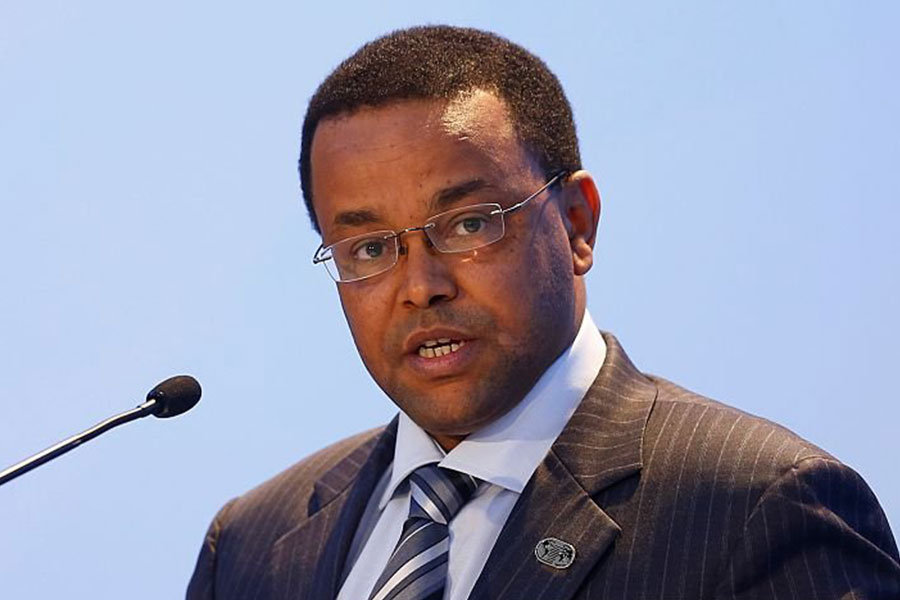
Radar | Sep 10,2022

Fortune News | Jul 07,2024
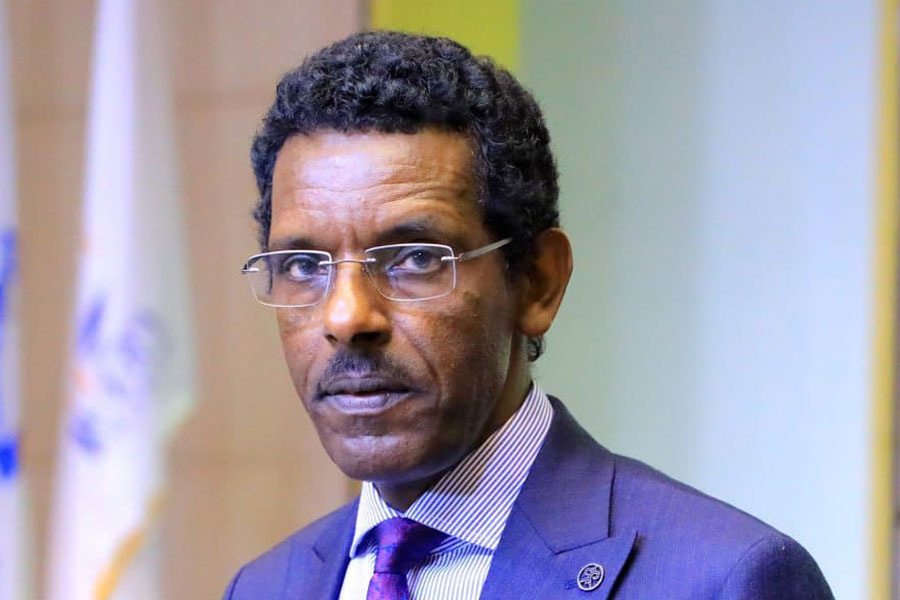
Fortune News | Aug 11,2024
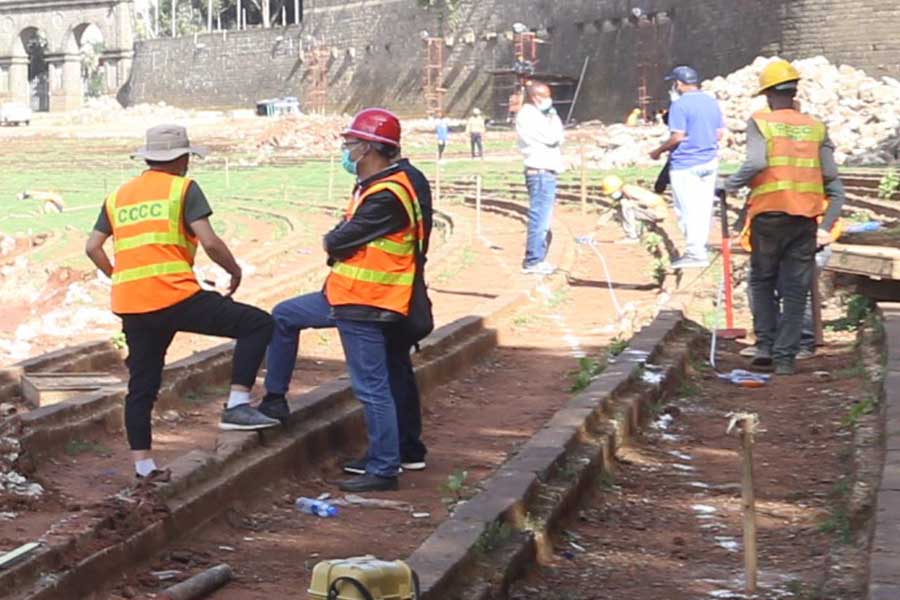
Fortune News | Aug 22,2020
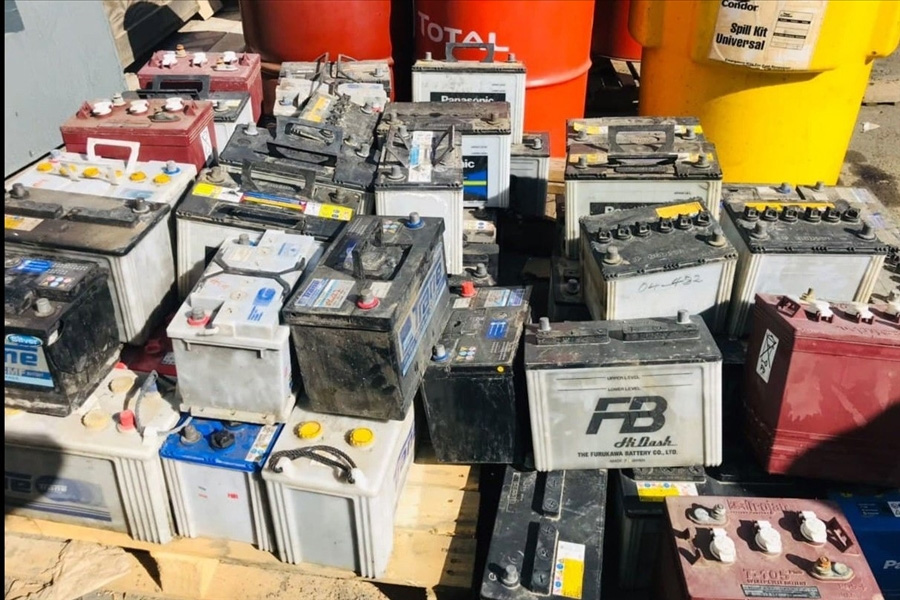
Fortune News | Dec 15,2024

Commentaries | Aug 13,2022

Radar | Jul 13,2019

Fortune News | Apr 09,2022

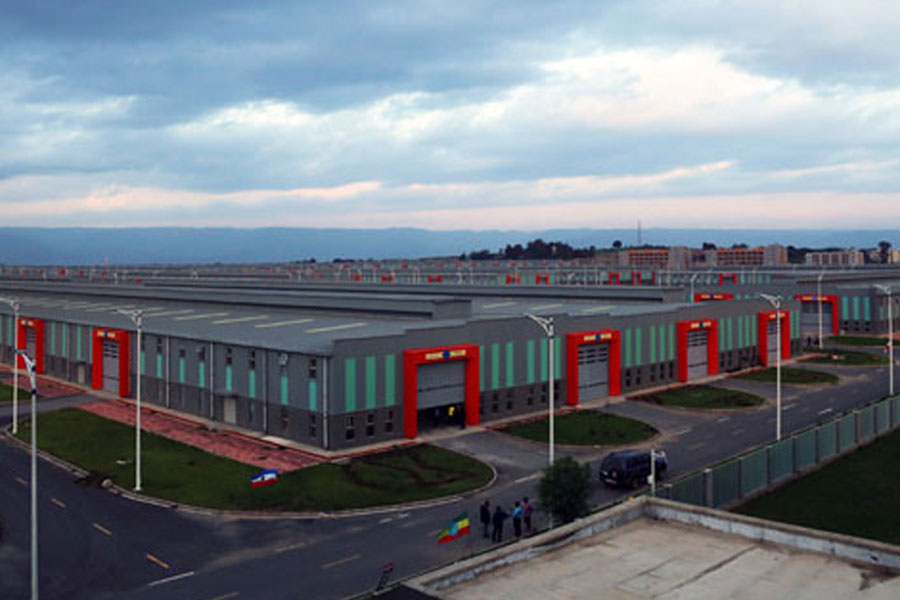
Fortune News | May 08,2021

Dec 22 , 2024 . By TIZITA SHEWAFERAW
Charged with transforming colossal state-owned enterprises into modern and competitiv...

Aug 18 , 2024 . By AKSAH ITALO
Although predictable Yonas Zerihun's job in the ride-hailing service is not immune to...

Jul 28 , 2024 . By TIZITA SHEWAFERAW
Unhabitual, perhaps too many, Samuel Gebreyohannes, 38, used to occasionally enjoy a couple of beers at breakfast. However, he recently swit...

Jul 13 , 2024 . By AKSAH ITALO
Investors who rely on tractors, trucks, and field vehicles for commuting, transporting commodities, and f...

Jun 28 , 2025
Meseret Damtie, the assertive auditor general, has never been shy about naming names...

Jun 21 , 2025
A well-worn adage says, “Budget is not destiny, but it is direction.” Examining t...

Jun 14 , 2025
Yet again, the Horn of Africa is bracing for trouble. A region already frayed by wars...

Jun 7 , 2025
Few promises shine brighter in Addis Abeba than the pledge of a roof for every family...